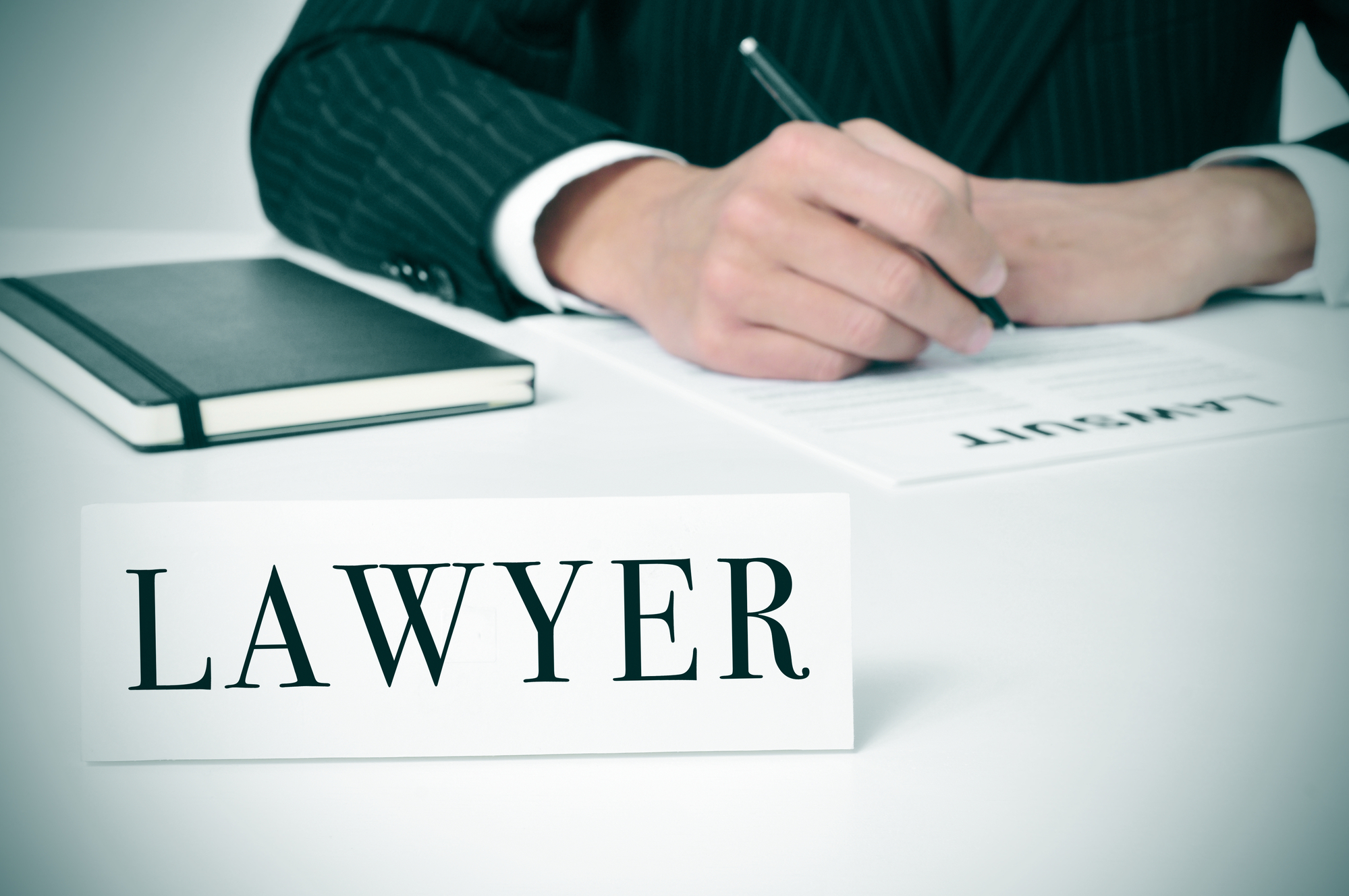Mediation: Selecting the Best Course

As facing a legal matter, parties often find themselves in a position at a crossroads, uncertain whether to pursue court proceedings or opt for settlement. Both routes offer separate advantages and can lead to extremely divergent results. Comprehending Article source of each option is crucial for wise decision making, especially when you consider the time, resources, and emotional toll involved in legal disputes. Selecting the correct method can lead to all the impact in achieving a beneficial settlement.
This article will delve into the important elements of litigious processes and settlement negotiation, leading you through the decision-making process. We will discuss important legal topics that all individuals should be aware of, such as when you should engage an attorney, how to find the right attorney for your case, and what to anticipate during your introductory legal consultation. Additionally, we will explore significant legal rights and obligations relevant to multiple cases you might encounter, from injury claims to divorce and custody issues. By the end, you will have a more comprehensive grasp of your possibilities and the tools necessary to navigate the legal system efficiently.
Essential Legal Tips
One of the key pieces of advice to remember is to always seek law-related advice when dealing with a law situation. If you are unsure about a legal agreement you are about to execute or need guidance after an event, consulting an attorney can offer clarity and direction. They can evaluate the situation and counsel you on your rights and obligations, which helps you steer clear of common pitfalls that many people face.
Knowing when to employ an attorney is essential. If you are confronted by a complicated legal matter, such as a family dispute, personal injury claim, or criminal charges, don’t hesitate to reach out a legal expert. An attorney can advocate for your interests, manage the legal system, and ensure that your case is handled effectively. Remember, not all situations require an attorney, but it's better to be cautious than sorry when significant stakes are involved.
Finally, be proactive about your legal matters. Ignoring thecompletelawyer.com , such as a summons, can result in serious consequences, including losing your case by default judgment. Stay updated about your rights and responsibilities, and take the necessary steps to protect yourself legally. Being aware of key legal tips can empower you to make informed decisions and take command of your legal situation.
Understanding Legal Representation
Traversing the judicial environment can be overwhelming, hence comprehending the function of attorney representation in law is crucial. Legal professionals serve as advocates for clients, delivering advice on judicial rights and obligations. Regardless of whether you confront criminal accusations, addressing family law issues, or endeavoring to safeguard your business interests, hiring an advocate can greatly impact the result of your case. The lawyer's expertise enables clients to deal with judicial challenges with self-assurance, understanding they possess someone skilled by their side.
A skilled attorney does not solely advocates for your interests in court but also supports you understand the intricacies of the legal system. Starting with the initial consultation to the ultimate results, they will explain what to foresee at each phase of the procedure. This grasp is important for mitigating stress and making educated choices. The insight an attorney brings can aid in avoiding typical missteps in legal matters people fall into, guiding clients through situations that may otherwise appear overwhelming.
Furthermore, picking the appropriate attorney for your specific needs is paramount. Various cases necessitate varied knowledge, and knowing your own situation will aid in picking someone who is proficient in your field of law. Be it personal injury, defense against criminal charges, or estate planning, the appropriate attorney guarantees that your lawyer aligns with your individual case and issues, ultimately resulting in more favorable results.
Rights and Responsibilities in Legal Matters
Understanding your rights and duties is important when navigating the legal system. Each person has certain legal entitlements, such as the right to fair treatment under the law, the right to seek legal counsel, and the right to due process. It's essential to be aware of these entitlements to protect yourself in various situations, regardless of whether you are facing a legal matter or simply want to make sure you comprehend your rights. For instance, knowing your rights during a police stop can make a substantial difference in how you manage the situation.
On the flip side, individuals also have responsibilities that accompany those rights. This includes the duty to follow laws and regulations, to be truthful in legal proceedings, and to honor the rights of others. Meeting these responsibilities is important, as failing to do so can result in legal consequences, including fines or even imprisonment. Understanding https://hoff-mullen.mdwrite.net/a-future-of-law-developments-all-attorney-should-watch and your responsibilities will enable you to make wise choices and navigate legal challenges more efficiently.
In specific contexts, such as employment or tenant-landlord relationships, the balance of rights and responsibilities can be more intricate. Understanding what rights you hold as an employee or a tenant while also understanding your responsibilities can help avoid disputes and foster healthier interactions. Ultimately, achieving a clear understanding of the relationship between rights and duties will enable you to interact with the law with confidence and in a responsible manner.

